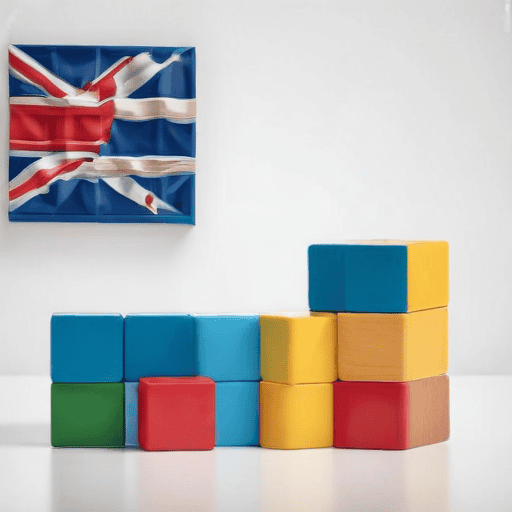The Ministry of Health, in collaboration with UNICEF, has officially inaugurated the National Early Childhood Development (ECD) Policy, signifying a significant advancement in the care and potential development of Fiji’s youngest population. The launch event, held at the Holiday Inn in Suva, attracted a range of stakeholders, including government officials, international organizations, and members of the private sector.
Among those present were Deputy Prime Minister and Minister for Trade, Communications, and SMEs Manoa Kamikamica, New Zealand’s High Commissioner to Fiji Charlotte Darlow, and UNICEF Pacific Representative Roshni Basu. They highlighted the critical role a strong ECD policy plays in ensuring that children in Fiji grow up healthy, well-educated, and prepared for the future.
Dr. Jemesa Tudravu, the permanent secretary for Health and chair of the ECD policy, provided an insightful overview of its objectives, emphasizing that the policy is rooted in the 2017 Pacific Call to Action on ECD. This initiative, backed by Pacific leaders, aims to ensure that no child is left behind in their development. He remarked, “Fiji is proud to be part of this movement, and this policy is a critical step toward fulfilling that commitment.”
The policy is designed to enhance the potential of children from birth to eight years old, thereby contributing to Fiji’s overall growth. Emphasizing the importance of the first 1,000 days of life for brain development, Dr. Tudravu outlined a holistic approach that addresses children’s physical, cognitive, emotional, social, and spiritual needs.
The National ECD Policy is built around four key objectives: ensuring safety and nurturing care for children, enhancing health and optimal development, promoting school readiness through early childhood education, and fostering community and government support for quality ECD services.
Measurable targets have been integrated into the policy to track progress effectively, including increasing early childhood education enrollment for three to four-year-olds from 21.5% to 30% by 2028, and 40% by 2033. Significant health-related goals, such as reducing neonatal mortality rates and improving nutrition services, have also been set.
Monitoring and implementation will be overseen by a Cabinet subcommittee and a National ECD Advisory Committee, which will work to ensure the effective execution of the policy’s strategies.
Dr. Tudravu emphasized the collective effort necessary to achieve sustainable outcomes for Fiji’s children and families. He expressed confidence that this policy will yield positive results, ensuring that every child is included, safe, and nurtured for optimal development and school readiness.
Overall, the launch of the National ECD Policy represents a hopeful and proactive step toward securing a brighter future for the children of Fiji, highlighting the importance of collaboration among various sectors to foster a supportive environment for development. This initiative not only aims to elevate the standards of early childhood education but also enriches the framework of care and nurturing that every child deserves.

Leave a comment